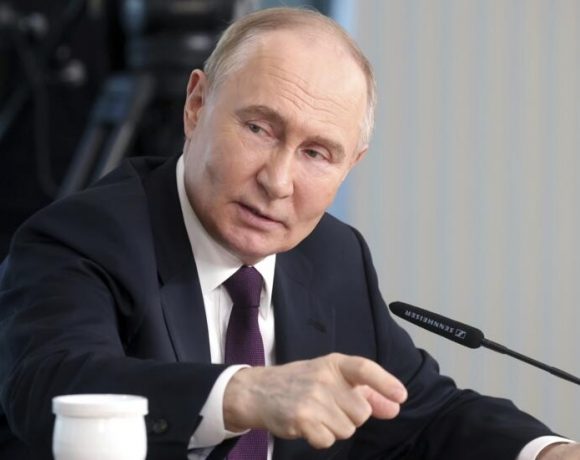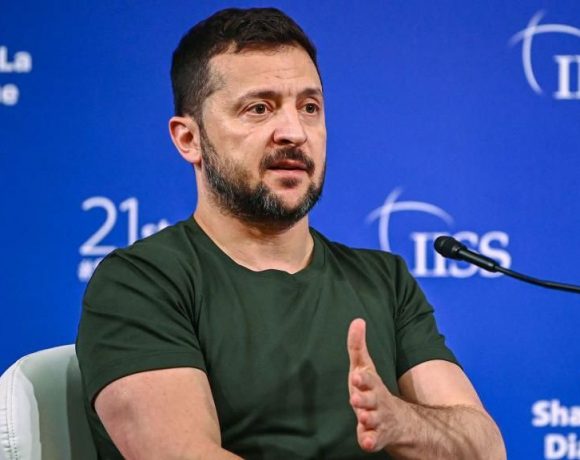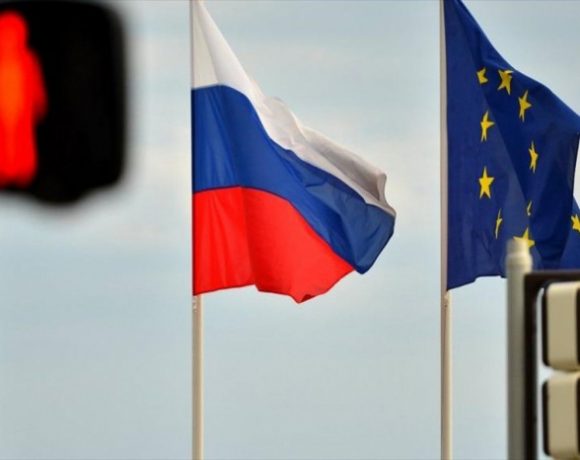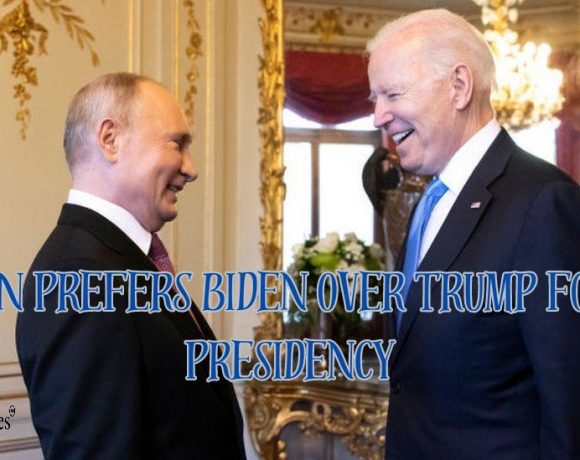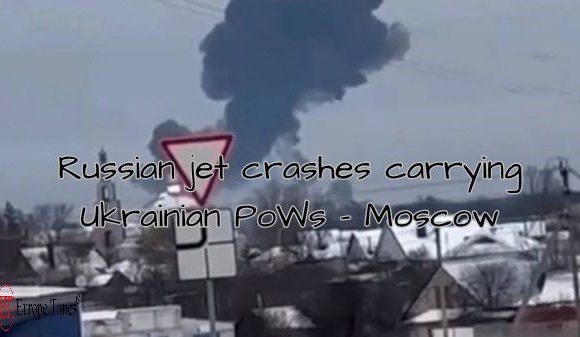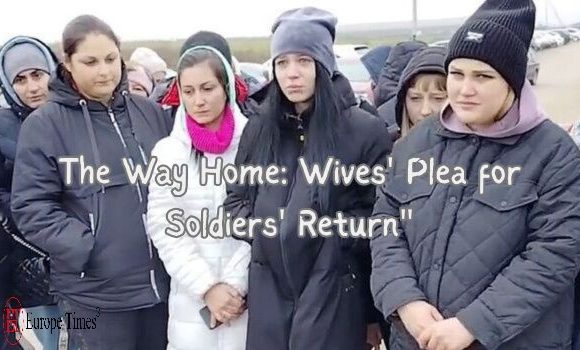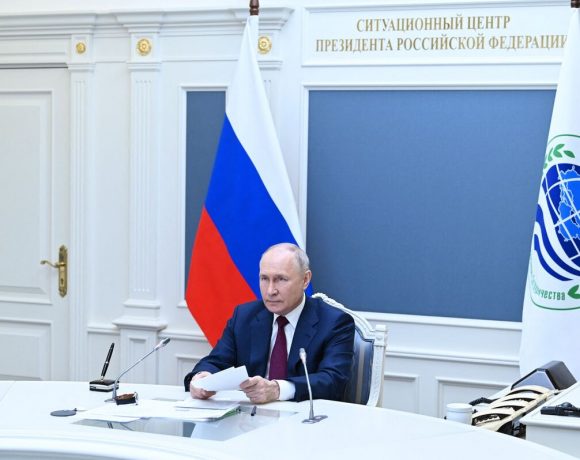
Ukrainian President Volodymyr Zelenskiy has vowed that he will not sacrifice Ukraine’s national interests in negotiations being pushed by the United States, saying the country faces one of the most difficult and dangerous moments in its history. Speaking in a video address, Zelenskiy warned that Kyiv may be forced to choose between preserving national dignity and risking the loss of a major international ally.
A 28-point peace plan proposed by Washington reportedly includes conditions that align with some of Russia’s demands, including ceding more territory, reducing Ukraine’s military strength, and blocking Ukraine from joining NATO. Sources told Reuters that the U.S. has signaled it may cut crucial support if Kyiv refuses to accept the framework.
Zelenskiy said he would continue working with the United States but anticipates increased political pressure in the coming week. Meanwhile, Russia continues to intensify military strikes and advance on the battlefield, as Ukraine confronts internal turmoil following a high-profile corruption scandal involving senior officials and business leaders.
Pic Courtesy: google/ images are subject to copyright


